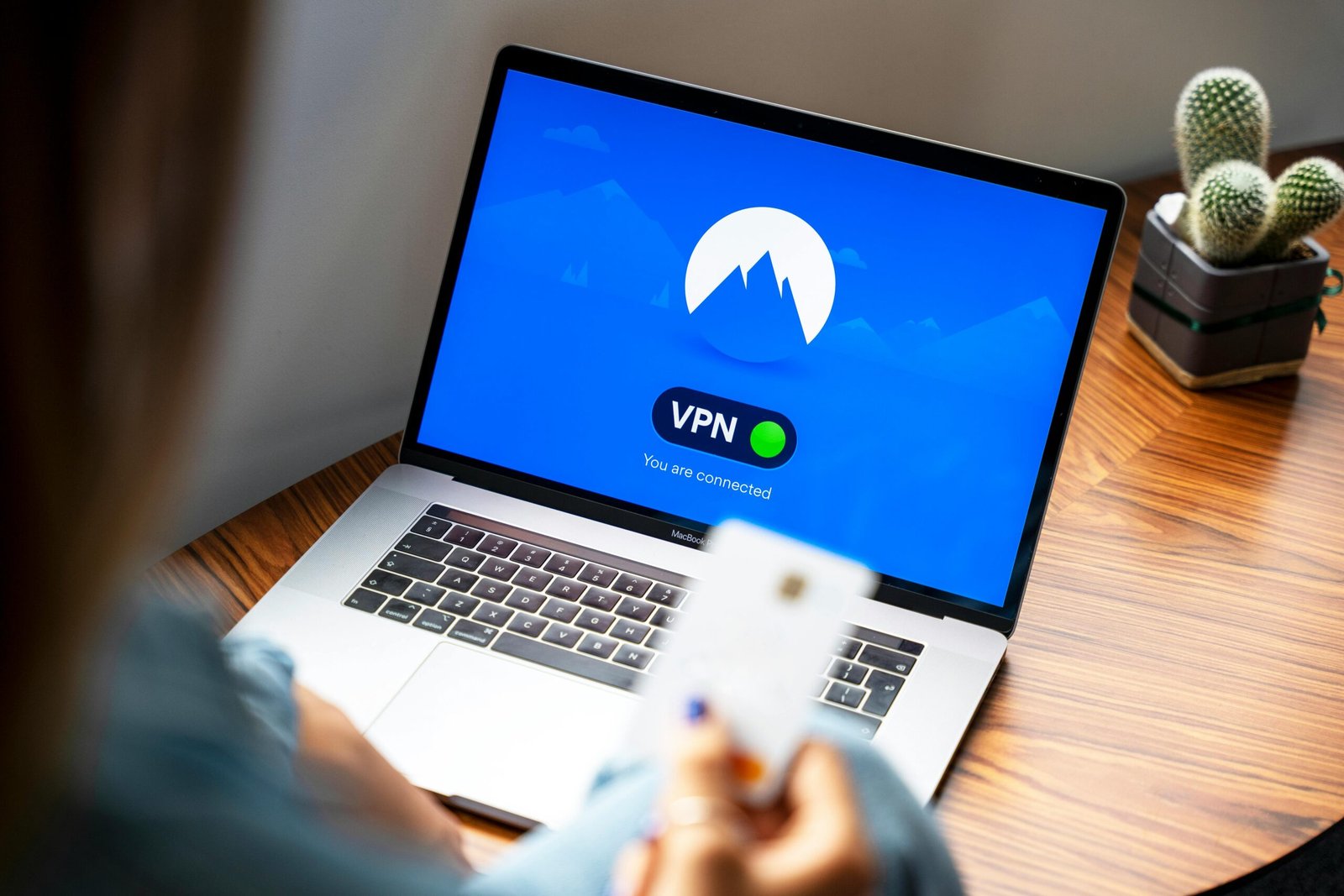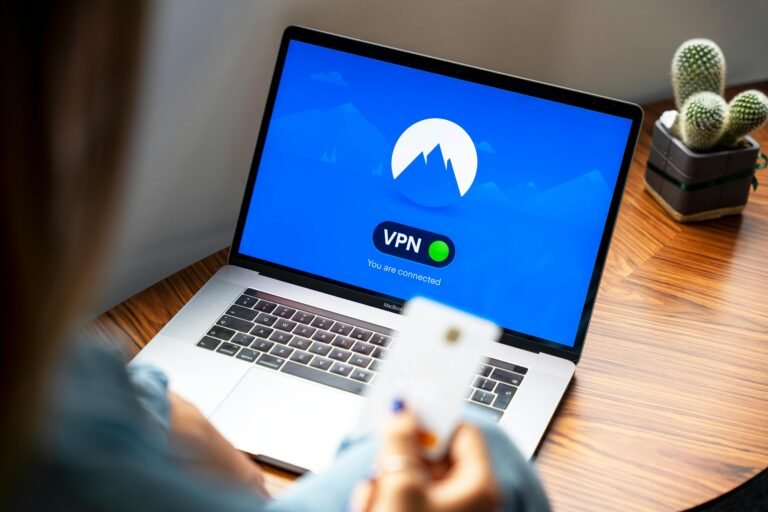Cybersecurity Certification Essential Credentials for a Thriving Career
In an age where cyber threats are becoming increasingly sophisticated, having the right cybersecurity certification is crucial for advancing your career and demonstrating your expertise. Cybersecurity certifications validate your skills, enhance your job prospects, and provide a competitive edge in the job market. This article explores the importance of cybersecurity certifications, highlights top certifications, and provides tips for selecting the right one to boost your career.
Why Cybersecurity Certification Matters
- Demonstrates Expertise: Cybersecurity certifications are a testament to your knowledge and skills in protecting digital assets. They show employers that you are capable of handling complex security challenges and implementing effective solutions.
- Enhances Career Opportunities: With the growing demand for cybersecurity professionals, having recognized certifications can open doors to advanced roles and higher salaries. Certifications make your resume stand out and increase your chances of landing desirable positions.
- Validates Skills and Knowledge: Certifications from reputable organizations serve as proof of your proficiency in various cybersecurity domains. They ensure that you are up-to-date with current technologies and best practices in the field.
- Boosts Credibility and Trust: Earning a cybersecurity certification enhances your credibility among peers and employers. It reassures them of your commitment to maintaining high standards of security and your ability to address critical security issues.
- Facilitates Professional Growth: Pursuing certifications often involves rigorous training and exams that deepen your understanding of cybersecurity. This process contributes to your professional development and prepares you for more advanced roles.
Top Cybersecurity Certifications to Consider
- Certified Information Systems Security Professional (CISSP): The CISSP certification, offered by (ISC)², is one of the most prestigious in the industry. It covers a comprehensive range of topics, including risk management, security architecture, and network security. CISSP is ideal for experienced professionals aiming for leadership positions.
- Certified Ethical Hacker (CEH): EC-Council’s CEH certification focuses on ethical hacking techniques and penetration testing. It equips you with the skills needed to identify and address vulnerabilities, making it a valuable credential for those interested in offensive security.
- CompTIA Security+: CompTIA Security+ is a foundational certification that covers essential cybersecurity concepts such as network security, threat management, and compliance. It is well-suited for beginners and those seeking a broad understanding of cybersecurity fundamentals.
- Certified Information Security Manager (CISM): Offered by ISACA, the CISM certification emphasizes information security management and governance. It is designed for professionals who manage and oversee an organization’s security program, making it ideal for managerial roles.
- Certified Cloud Security Professional (CCSP): The CCSP certification, also from (ISC)², specializes in cloud security. It addresses cloud architecture, governance, risk management, and compliance, catering to professionals involved in securing cloud environments.
- Certified Incident Handler (GCIH): GIAC’s GCIH certification focuses on incident handling and response. It trains you to detect, manage, and mitigate security incidents, providing valuable skills for roles that involve managing and responding to security breaches.
How to Choose the Right Cybersecurity Certification
- Align with Career Goals: Select a certification that aligns with your career aspirations. Whether you aim to specialize in a particular area or pursue a leadership role, choose a certification that supports your career path.
- Evaluate Certification Requirements: Review the prerequisites and requirements for each certification. Some certifications may require prior experience or specific training, while others are more accessible to newcomers.
- Consider Industry Recognition: Opt for certifications that are widely recognized and respected in the industry. Credentials from established organizations such as (ISC)², EC-Council, and CompTIA are highly valued by employers.
- Research Certification Content: Examine the topics covered by each certification to ensure they match your areas of interest and expertise. Choose certifications that offer comprehensive coverage of relevant cybersecurity concepts.
- Check Training and Exam Support: Investigate the training resources and exam preparation materials available for each certification. Look for programs that offer robust support, including practice exams and study guides.
External Resources
- For detailed information on cybersecurity certifications and training options, visit Practical Ethical Hacking.
- Explore certification details and resources on the official CompTIA website and EC-Council website.
Conclusion
Cybersecurity certifications are essential for demonstrating expertise, advancing your career, and gaining a competitive edge in the cybersecurity field. By focusing on top certifications like CISSP, CEH, and CompTIA Security+, you can enhance your skills and open doors to exciting career opportunities. Choose certifications that align with your goals, leverage valuable resources, and stay informed about industry trends to maximize your professional growth.
Hot Topics in Cybersecurity include essential tools and certifications that every professional should be aware of. For instance, mastering Nmap is a must for effective network scanning and vulnerability assessment. If you’re preparing for certification, the CompTIA Security+ SY0-701 course is a must-take to ensure you’re well-equipped for the exam. To enhance your preparation, utilize the SY0-701 Free Practice Exam to test your readiness. Additionally, joining the Practical Ethical Hacking Membership Levels provides valuable resources and updates to stay current in the dynamic field of cybersecurity. For further learning, explore Cybersecurity and Practical Ethical Hacker Courses on YouTube. Engaging with these must-take courses and resources will significantly boost your skills and knowledge in this critical area.


